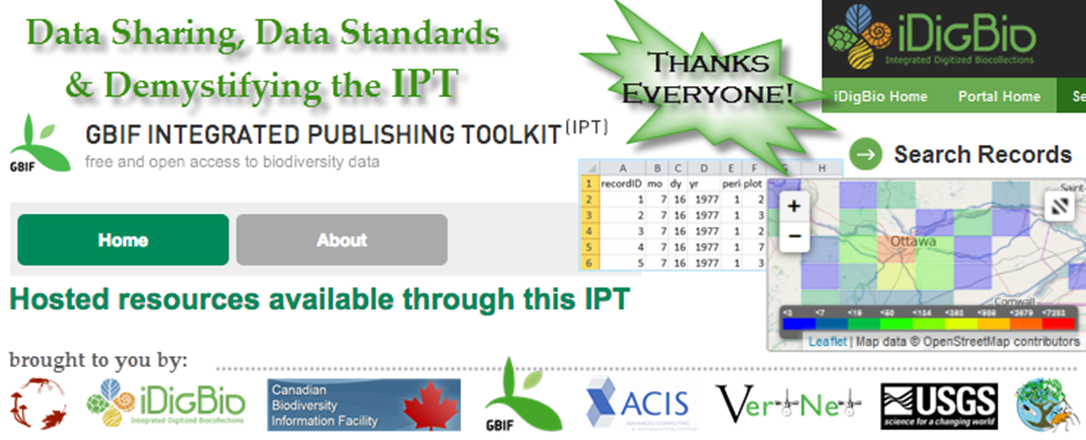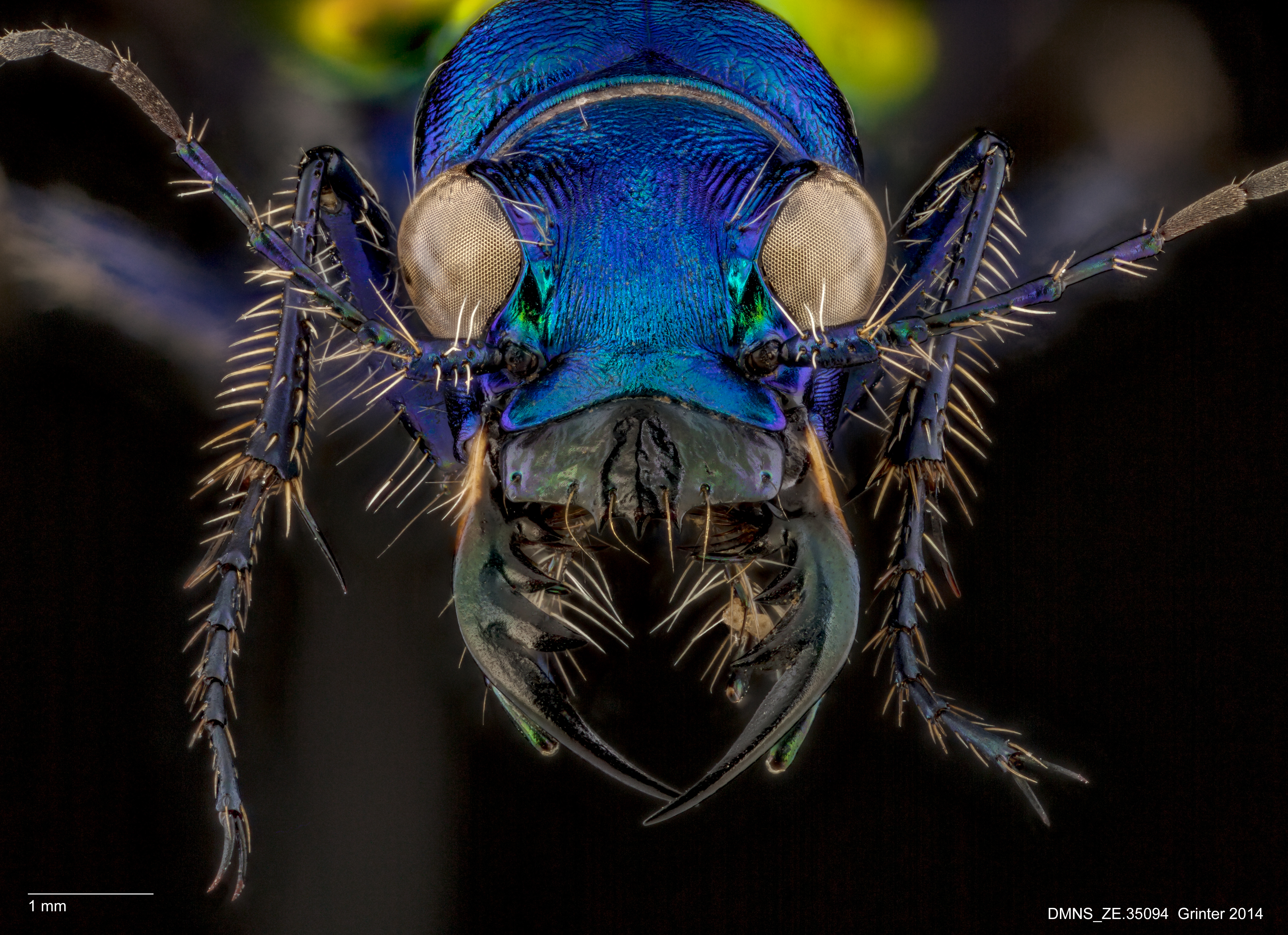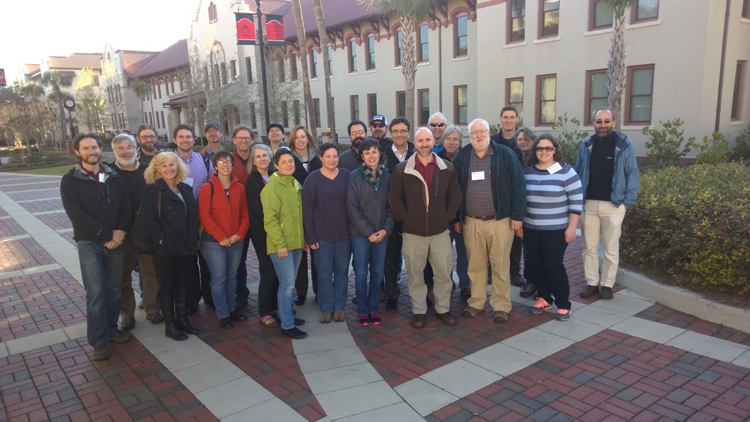A Guide to Embracing Open Science
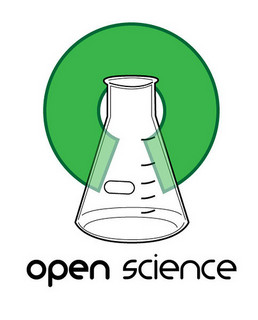
Carly Strasser, a manger with DataCite, recently released a guide for embracing open science aimed at graduate students titled Introduction to Open Science: Why data versioning and data care practices are key for science and social science.


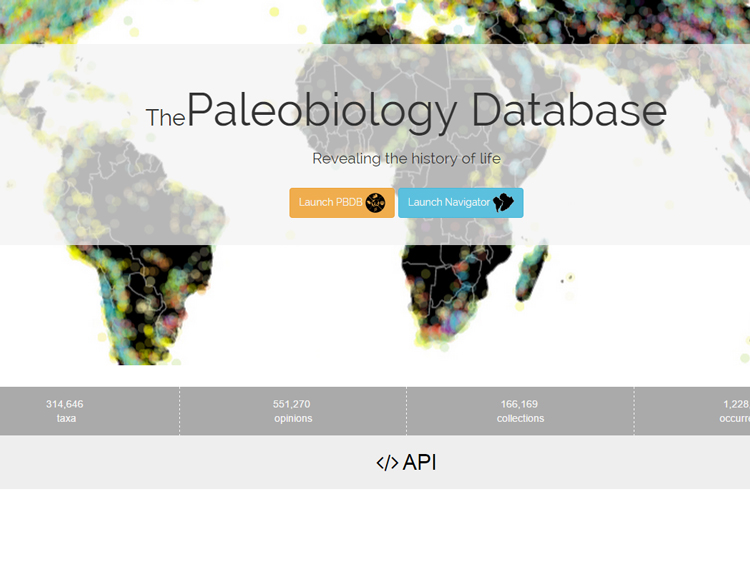 The Paleobiology Database Executive Committee is running a hackathon with the goal of creating exciting tools (web applications, R code, data analysis tools, data visualization tools, integration with other web databases, etc.) that use the Paleobiology Database API for research, education, or outreach.
The Paleobiology Database Executive Committee is running a hackathon with the goal of creating exciting tools (web applications, R code, data analysis tools, data visualization tools, integration with other web databases, etc.) that use the Paleobiology Database API for research, education, or outreach.